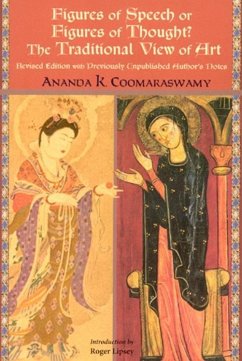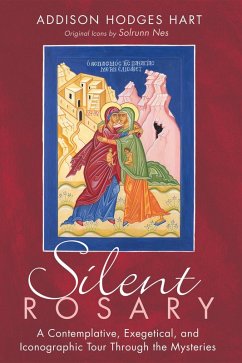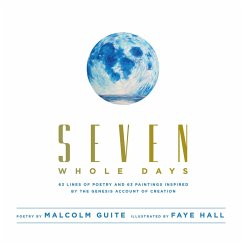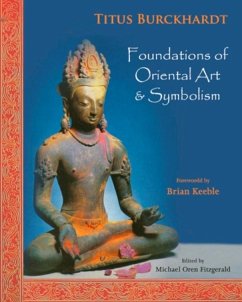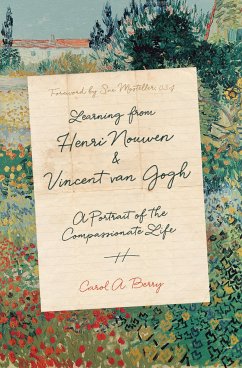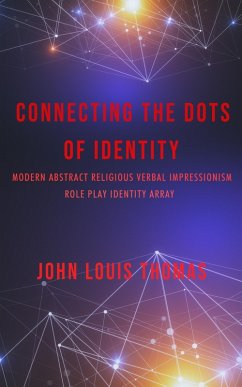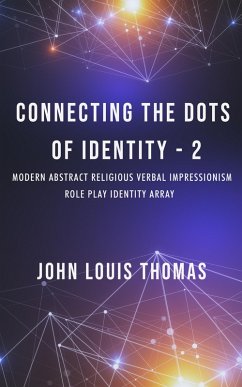
Illustrations of The Book of Job (eBook, ePUB)
Versandkostenfrei!
Sofort per Download lieferbar
1,99 €
inkl. MwSt.
Weitere Ausgaben:

PAYBACK Punkte
0 °P sammeln!
William Blake's *Illustrations of The Book of Job* is a masterful artistic and literary interpretation of the ancient biblical story, intertwining profound spiritual inquiry with striking visual artistry. Composed in the late 18th century, these illustrations serve as a reflection of Blake's unique romantic style, characterized by vivid imagery and emotional depth. Blake's visual interpretations encapsulate the essence of Job's trials, capturing themes of suffering, faith, and divine justice through a blend of symbolism and imagination, bridging the gap between literature and art in a manner t...
William Blake's *Illustrations of The Book of Job* is a masterful artistic and literary interpretation of the ancient biblical story, intertwining profound spiritual inquiry with striking visual artistry. Composed in the late 18th century, these illustrations serve as a reflection of Blake's unique romantic style, characterized by vivid imagery and emotional depth. Blake's visual interpretations encapsulate the essence of Job's trials, capturing themes of suffering, faith, and divine justice through a blend of symbolism and imagination, bridging the gap between literature and art in a manner that exemplifies the pivotal artistic movements of his time. Blake, a visionary poet, painter, and printmaker, was deeply influenced by the spiritual and social turmoil of his era. His interest in the profound questions of existence, morality, and the nature of divinity inform his work, making *The Book of Job* a fitting subject for his explorations. Blake's radical views on religion, combined with his personal experiences of hardship, illuminated his interpretations of Job's plight, reflecting a quest for understanding and reconciliation with the divine amidst adversity. This exquisite collection is essential for readers seeking to explore the intersections of literature, theology, and visual art. Blake's innovative approach invites us to engage with the complexities of faith and suffering in a profoundly personal manner. *Illustrations of The Book of Job* offers a transformative experience, profoundly relevant to both contemporary discourse and timeless spiritual inquiry.
Dieser Download kann aus rechtlichen Gründen nur mit Rechnungsadresse in A, B, BG, CY, CZ, D, DK, EW, E, FIN, F, GR, H, IRL, I, LT, L, LR, M, NL, PL, P, R, S, SLO, SK ausgeliefert werden.





